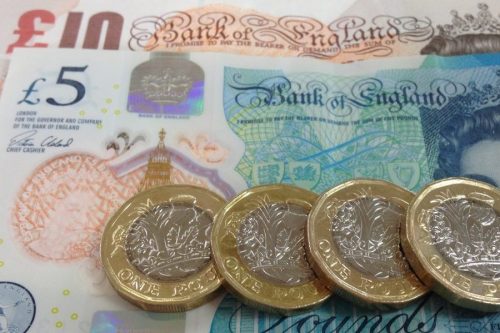Soaring food prices keeps inflation stubbornly high

Soaring food prices have kept inflation stubbornly high in March, at 10.1%.
The rate had been predicted to go below 10% because of the fall in energy prices but the rising cost of food meant inflation stayed in the double-digits for the seventh-consecutive month.
The March rate, as measured by the Consumer Prices Index (CPI), was slightly down on the 10.4% recorded in February.
The cost of food rose 19% – its fastest increase since 1977 – as the cost of living crisis continues to squeeze consumers.
The Office for National Statistics pointed to bread and cereals as the biggest contributor, but said the “annual rates in March 2023 for chocolate and confectionery, other food products (principally ready-meals and sauces) and hot beverages were each the highest” since records started in 1989.
Helen Dickinson, chief executive of the British Retail Consortium, said: “Food prices, especially for fruit, vegetables and sugar, rose as poor harvests in Europe and North Africa reduced availability, and the weak pound made importing more expensive.
“With food price inflation likely to slow in the coming months as we enter the UK growing season, we expect wider inflation will continue to ease. Nonetheless, prices for consumers will remain high, especially as household bill support is lifted.”
The Bank of England has a target for inflation of 2%.
Panmure Gordon’s chief economist Simon French tweeted: “Some U.K. inflation forecasts in recent weeks foresaw 2% by year end & outright deflation into 2024. Hard to see those materialising from today’s data. We continue to think delayed passthrough, labour supply shortages will offset encouraging data in energy markets & lead to inflation around 3%-4% by year end”








